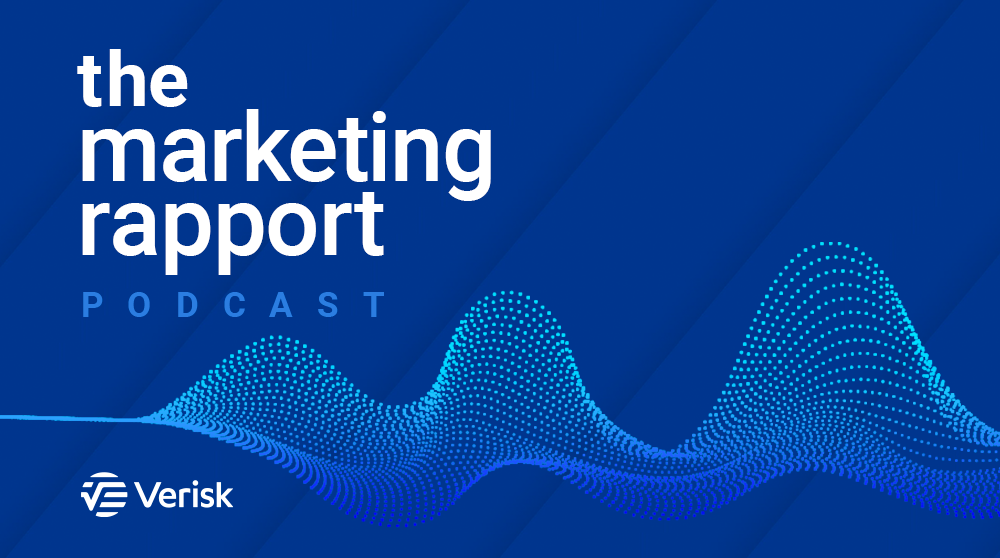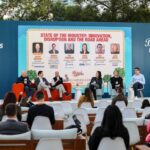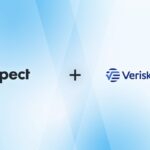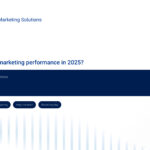Using Predictive Data to Help Patients Get Healthier with Derek Rucker
Co-founder and board member of Carrot Health, Derek Rucker, talks about healthcare, data science, predictive data value, and impact of privacy on healthcare marketing
Everywhere you go on the internet, you leave behind bits and pieces of your identity that retailers use to predict your next purchase. They’ll include a personal coupon on your receipt based on past purchases. Restaurants will text you a reminder to check out the new sandwich they think you’ll like.
But nothing like this exists in the healthcare space. The healthcare industry is lagging significantly behind other industries in data science due to privacy concerns. It’s one thing to have your Target purchase history breached, and quite another to have your clinical history compromised.
In this episode of Identity Revolution, Infutor’s host Fred Pfeiffer talks with Derek Rucker, co-founder and board member of Carrot Health, about the role of data science in the healthcare industry as it continues to evolve.
To learn more about Derek’s experience founding Carrot Health and the significant trends he sees coming in healthcare data science, tune in to this episode or read on.
Privacy Concerns
Privacy is a primary point of focus in the healthcare industry when it comes to patient data. Derek argues privacy concerns are the main reason data science in the healthcare industry is 20-30 years behind other industries.
“The data is radioactively dangerous in healthcare,” he says. Regulators impose fines per record. When you look at the amount of data a healthcare provider collects, the penalties for a potential data breach would be astronomical, and few companies could survive.
However, there seems to be a cultural shift occurring regarding data and privacy. “Our kids are brought up in a world where we can be found online,” Derek says. “Nothing ever dies on the internet, and we know that, so we’re kind of used to it. We’re relying on security by obscurity because there is so much out there that it is very difficult to target any one individual.”
Disruptive Shifts in the Data and Analytics Space
While healthcare data science hasn’t kept pace with other industries, that doesn’t mean there haven’t been any changes at all.
Derek identifies the democratization of data science as a net positive for the healthcare industry. “Pretty much anyone with fairly basic programmatic expertise now has the opportunity though open source libraries and publicly available tools to get in and start doing some pretty hardcore data science,” he says. While this change means some people are making flawed assumptions based on data (which we’ve seen plenty of lately with COVID data), more people can explore datasets, which may lead to some discoveries by people outside the field.
As the country becomes more conscious of identity bias and its role in our lives, it has become more aware of the ways data itself may be biased. “You can only use a data set in a manner that is representative of how it was collected and expect to get good results,” Derek says. “We don’t want the future to look like the past, so we have to be very careful about how we use datasets that were created in the past that would then project forward to a future that looks exactly the same, which we don’t want.”
Old Models with a New Spin
While those shifts are powerful, Derek argues that most startups don’t stem as much from brand new data science as they do from taking data science from one industry and applying it to another. “If you look at startups across the board,” he says, “often it isn’t necessarily new tech or even new algorithms or new inventions. It’s taking something that has been done elsewhere and putting a different spin on it and using it differently.”
Derek took advantage of this when he co-founded his startup, Carrot Health. “We were looking at social determinants of health, and how the basket of lifestyle choices that people carry around with them all the time affects their future health states.” The data science was actually based on the same predictive models Target uses to predict future purchases.
The Value of Predictive Data of Healthcare
The data from Carrot Health proved to be incredibly valuable to both healthcare companies and individuals.
Previously, a doctor relied on data from annual visits to determine likely health outcomes for a patient. “There’s not much data there. You get two points a year, so you can draw a straight line because nothing will change. This person is going to live forever,” Derek jokes.
However, at Carrot Health, data scientists looked at more data points about a person’s identity: pets, home life, social engagement, travel, physical activities, to name a few. Then looking at all those data points, the data scientists were able to identify people at risk of developing chronic diseases and suggest interventions to help change their lives for the better.
Derek admits it isn’t easy to motivate people to change, even with the data proving their risk. “If you can get 1% of the people who are likely to become diabetic to start working out and change their dietary habits, you have saved tens, if not hundreds, of millions of dollars for your insurer. Not to mention the fact that you have given [the patient] decades of extra life and a far better quality of life.”
As healthcare companies begin to embrace accountable healthcare, this predictive data will play a more prominent role in health and wellness incentives offered by insurance companies. “Finally, the patient’s interests are going to be aligned with the insurance company’s interests,” Derek says. “Everybody wants you to stay healthy and out of the hospital.”
Changes and Improvement to Healthcare Technology
Derek knows regulation changes are coming, but he’s not as concerned as others are about them. “They are going to affect your business, but I wouldn’t worry about it too much,” he says. “It’s not going to destroy the industry. Even if perhaps your results won’t be as good as they used to be, neither will anyone else’s.”
Processing power will continue to improve, which will help data scientists develop better models with more data. Data analysts are currently competing with cryptocurrency miners for processing units, which impacts model choices, but that should level off.
Finally, Derek believes the tools and platforms for data science will continue to evolve and change the market. So he suggests not even trying to create your own anymore. “Before you go out and build your own,” Derek says, “do a really good search because chances are someone’s already built it.”
Revolutionizing the Future of Healthcare Data Science
As data continues to be used in new ways, we will start to see its applications in preventing health problems rather than diagnosing them, allowing people to take charge of their health and future. By making healthcare about preventing chronic health issues, data science can unite people and companies in a quest to keep people from becoming sick in the first place, which is more valuable in terms of money and quality of life than a coupon you get from Target.
Note: This is based on an episode of Identity Revolution, Infutor’s podcast featuring data-driven experts discussing all things marketing, analytics, and identity. We take a deep dive into industry trends, strategies, and the future of data technology.






 Your Privacy Choices for Platform Services | Data Services
Your Privacy Choices for Platform Services | Data Services